When Your Horse Refuses Hay: An Owner’s Checklist
November 7, 2022 Comments Off on When Your Horse Refuses Hay: An Owner’s Checklist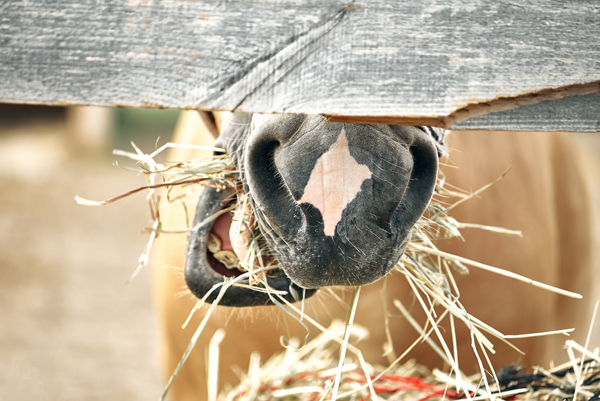
By Kentucky Equine Research Staff Several issues may be at play when a horse backs off its hay. The first consideration is whether the issue lies with the horse or with the hay. To help identify the root concern, think about these questions: When did the horse start refusing hay? Is it a new […]
Continue reading …New Target Identified for Managing Equine Arthritis Pain
November 3, 2022 Comments Off on New Target Identified for Managing Equine Arthritis Pain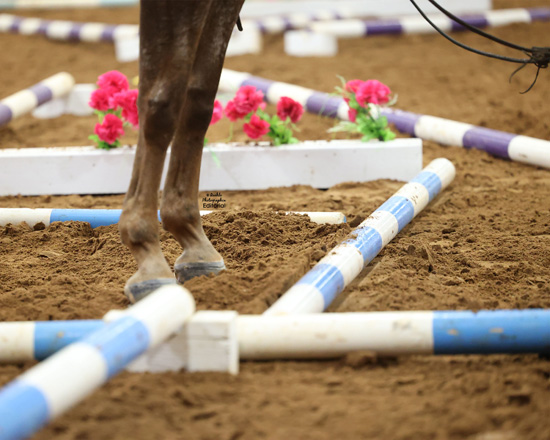
By Kentucky Equine Research Staff Pain associated with osteoarthritis in horses could be due in part to a protein found within joints called nerve growth factor (NGF). Blocking NGF from binding to its receptors, thus short-circuiting pain and inflammation, may prove to be a novel treatment option in the management of osteoarthritis. Studies show that NGF levels […]
Continue reading …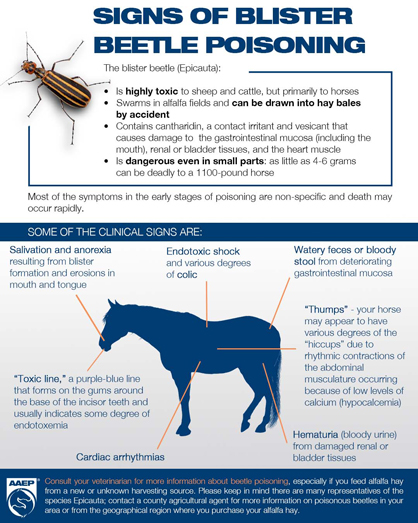
AAEP By Benjamin Espy, DVM, DACT Many horse owners feed alfalfa hay to supplement their horse and is a very efficient source of protein and calcium. Alfalfa hay requires very specific growing conditions and is primarily harvested in the western United States. Even if you are using alfalfa that has been harvested months or years […]
Continue reading …First standing CT scanner installed at Equine Sports Medicine & Surgery
October 27, 2022 Comments Off on First standing CT scanner installed at Equine Sports Medicine & Surgery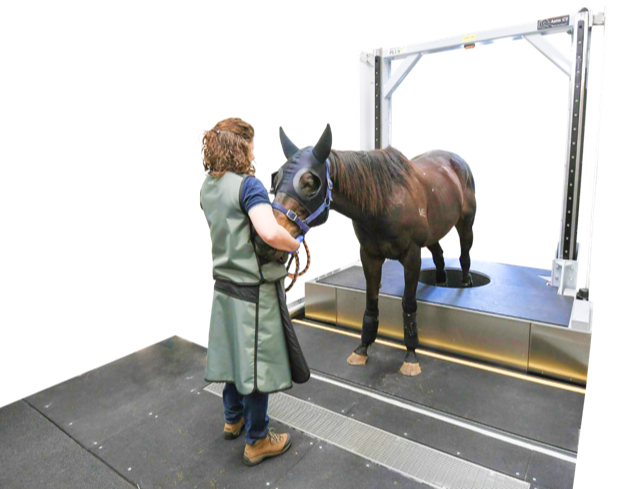
October 11, 2022 Weatherford, TX One of the leading private equine practices in Texas, Equine Sports Medicine & Surgery (ESMS), has installed the first equine standing CT (Computed Tomography) scanner in the state. ESMS, which has one of the highest volumes of equine cases in the United States, is excited to add the Asto CT […]
Continue reading …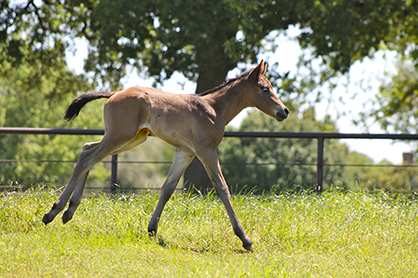
By Kentucky Equine Research Staff Mechanical loading strengthens bone during growth, so exercise during childhood and adolescence has been shown to have lifelong benefits on skeletal health in humans. Similarly, exercised foals show greater bone size and strength, and resistance to bending and torsional distortion, compared to pasture-exercised control foals.1 Because the fetlock joint must […]
Continue reading …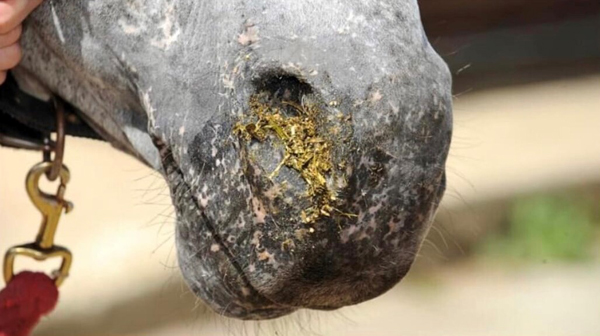
By Melissa Johnson, DVM, Weitz Equine Veterinary Services We have been seeing a higher than average volume of choke cases recently. The good news is that choke is probably the most preventable horse emergency we treat. So, let’s get into what choke is and how you can help prevent it! What Is Choke? Choke is when […]
Continue reading …Does Exercising Foals Reduce Risk of Later Fracture?
October 3, 2022 Comments Off on Does Exercising Foals Reduce Risk of Later Fracture?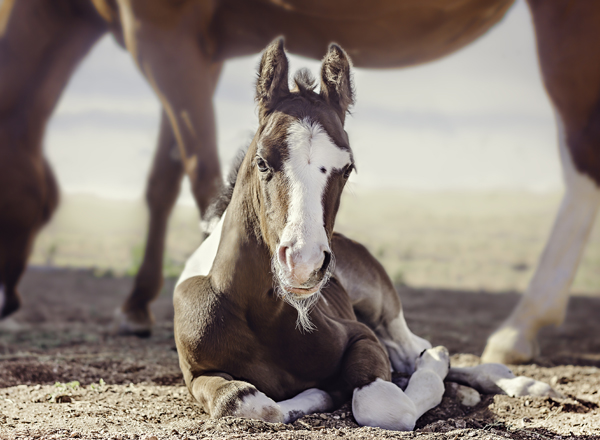
Equine Science Update Can putting foals on a controlled exercise program reduce the risk of fractures later in life? Researchers at the University of Illinois at Urbana-Champaign (UIUC) are investigating. Limb fractures risk ending not only a horse’s career but its life as well. Led by Dr. Annette McCoy and Dr. Mariana Kersh, the research […]
Continue reading …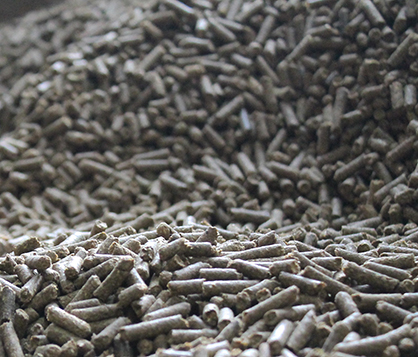
By Kentucky Equine Research Staff In the past few years, extreme environmental conditions such as excess rain, drought, and natural disasters have affected pasture and hay availability in many areas of the country. In these situations, horse owners are faced with the challenge of finding good-quality forage sources, which may be scarce or cost-prohibitive. A […]
Continue reading …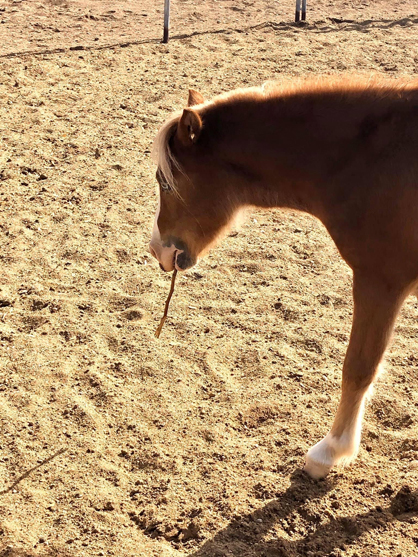
Equine Science Update It used to be thought that using tools was one of the things that set us apart from the animal kingdom. However, it is now known that some species use tools. Reports include chimps using sticks to reach food, sea otters using stones to break open shellfish and even elephants deactivating an […]
Continue reading …
AAEP Being able to assess your equine friend’s weight and body condition is a valuable skill, especially as we head into the colder months. A horse with good body weight will fare better in winter weather than a horse on the skinny side, particularly if it’s an older horse. The Henneke Body Condition Scoring Chart […]
Continue reading …







